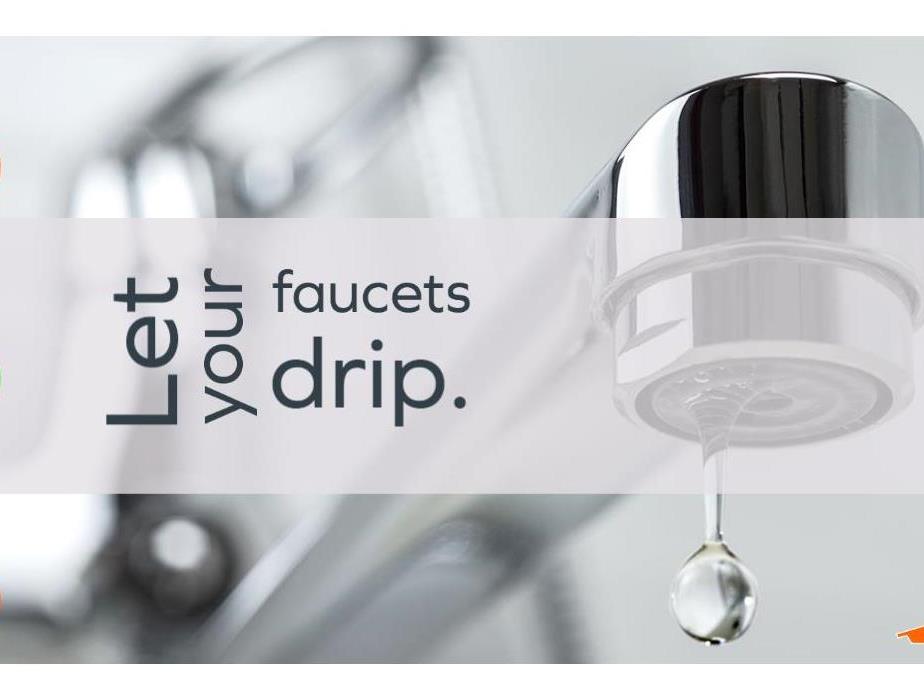Frozen and Burst Pipe Prevention Explained
1/18/2022 (Permalink)
Each winter, we at SERVPRO of St. Charles city see frozen or burst pipes wreak havoc on our commercial and residential customers. What can you do to help prevent damage? What can you do to minimize or restore damage if it does occur?
How to Avoid Frozen Pipes
Prevention is a key step when it comes to frozen pipes.
These inexpensive measures might help you avoid professional water damage restoration. Try these ideas:
- Regularly check pipes for damage. As pipes age, even metal ones degrade and crack.
- Insulate pipes to heat evenly. Stable temperatures make the pipes less vulnerable to changes in the weather that may cause them to expand or contract.
- Seal gaps where cold air enters. Even a small opening lets in enough air to significantly lower the temperature of a room.
- Insulate attics and basement spaces. If water pipes are running through these areas, insulation will prevent residential and commercial water damage from ruining a cozy home or office building.
When you hear the weather report that temperatures are dropping, the following tips can help:
- Keep the thermostat above 55 degrees, even in unused rooms.
- Let warm kitchen air into cabinets by opening doors that can warm the pipes behind them.
- Open faucets to keep the water slowly circulating through the pipes so that it doesn’t freeze.
- Turn off the water at the mains before going on vacation.
What to Do When Your Pipes Freeze
Even after precautions, pipes still freeze. However, there are a few things to make pipes less likely to burst.
- If pipes freeze, turn the water off at the main connection.
- Open working faucets and leave the water running.
- Open the faucet closest to the frozen pipe and start thawing the ice slowly. For example, lie a heat pack on the part of the pipe closest to the faucet, slowly moving it along the frozen pipe as the ice melts.
What to Do When a Frozen Pipe Bursts
- Shut the water supply. It is a great idea to know where the valve is to the main water supply on the property before an emergency. Turn it off as soon as the leak or freeze issue becomes apparent.
- Mop if it’s safe. Water causes nasty problems, and it might be helpful to assist in preliminary water removal with a bucket or mop while waiting for professional water cleanup. Only do this if it is safe—there should be no electricity or saltwater damages when walking or touch spills. If there’s uncertainty, wait for the water or fire damage restoration service to arrive and keep people away from the area.
- If there is damage, call SERVPRO immediately—prompt repairs will prevent other issues from arising at the height of the cold weather. Water damage is our specialty, and if water damage is done incorrectly, it could mean mold remediation later.
If your home or business has water damage from a burst pipe or another source, give SERVPRO of St. Charles City a call.
The phrase “Faster to Any Size Disaster” is a SERVPRO motto and it describes the culture of SERVPRO of St. Charles City. We respond to large and small water damage intrusions 24 hours a day, 7 days a week, 365 days a year throughout the greater St. Charles area, including St. Peters, O’Fallon, Weldon Spring, and Portage Des Sioux.





 24/7 Emergency Service
24/7 Emergency Service
